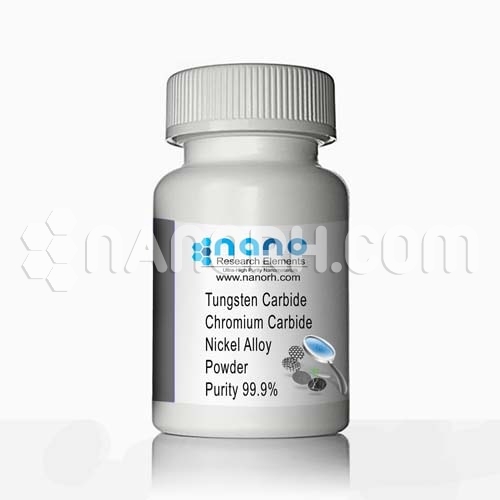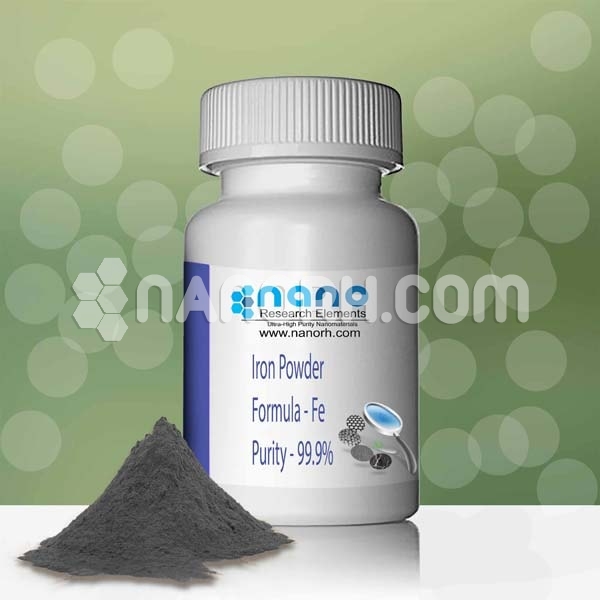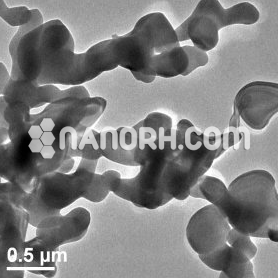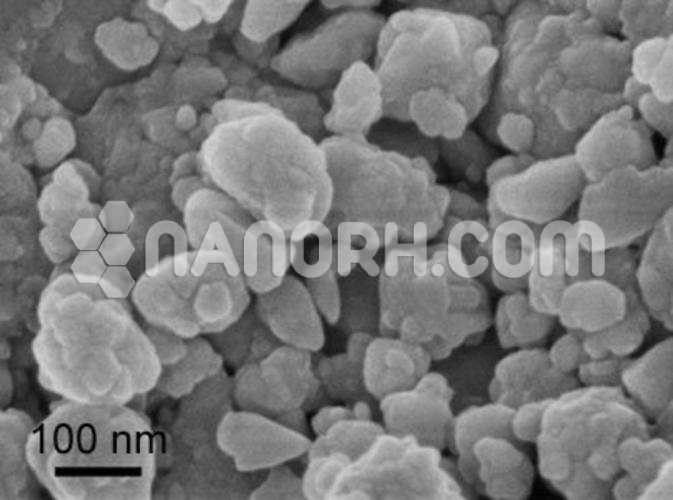Tungsten Carbide Chromium Carbide Nickel Alloy Powder
Tungsten Carbide Chromium Carbide Nickel Alloy Powder
| Tungsten Carbide Chromium Carbide Nickel Alloy Powder | |
| Product No | NRE-9044 |
| CAS No. | 12070-12-1/12012-35-0/7440-02-0 |
| Formula | WC-CrC-Ni |
| Molecular Weight | 318.5509 g/mol |
| APS | <40 um (Can be Customized) |
| Purity | 99.9% |
| Density | NA |
| Color | Gray |
| Melting Point | NA |
| Boiling Point | NA |
Tungsten Carbide Chromium Carbide Nickel Alloy Powder
Introduction:
Tungsten Carbide Chromium Carbide Nickel Alloy Powder (commonly abbreviated as WC-CrC-Ni) is a composite powder that blends tungsten carbide (WC), chromium carbide (CrC), and nickel (Ni). This combination results in a high-performance material known for its superior wear resistance, high hardness, corrosion resistance, and thermal stability. The unique properties of each of the individual components make this alloy powder ideal for applications where components are subject to high stress, abrasion, and extreme operating conditions.
The Tungsten Carbide (WC) component is primarily responsible for providing exceptional hardness, wear resistance, and strength. Chromium Carbide (CrC) enhances wear resistance and offers excellent high-temperature stability. The addition of Nickel (Ni) functions as a binder, improving ductility, toughness, and machinability. Together, these elements create a powder that offers the perfect balance between hardness, toughness, and resistance to wear and corrosion.
Composition of Tungsten Carbide Chromium Carbide Nickel Alloy Powder
Tungsten Carbide (WC):
Tungsten carbide is a hard and dense material made from tungsten and carbon. It is one of the hardest materials known and is widely used for abrasive and wear-resistant applications. In this composite powder, WC provides outstanding wear resistance and high hardness for tough environments.
Chromium Carbide (CrC):
Chromium carbide is another highly hard material with excellent wear resistance and thermal stability. It also has resistance to oxidation and corrosion, which makes it particularly useful in high-temperature applications. CrC improves the powder’s resistance to thermal degradation and enhances its performance in extreme conditions.
Nickel (Ni):
Nickel is often used as a binder in composite alloys to improve ductility, toughness, and machinability. In this composite, nickel also provides corrosion resistance, particularly in harsh environments involving acids or salts, while maintaining excellent thermal stability.




